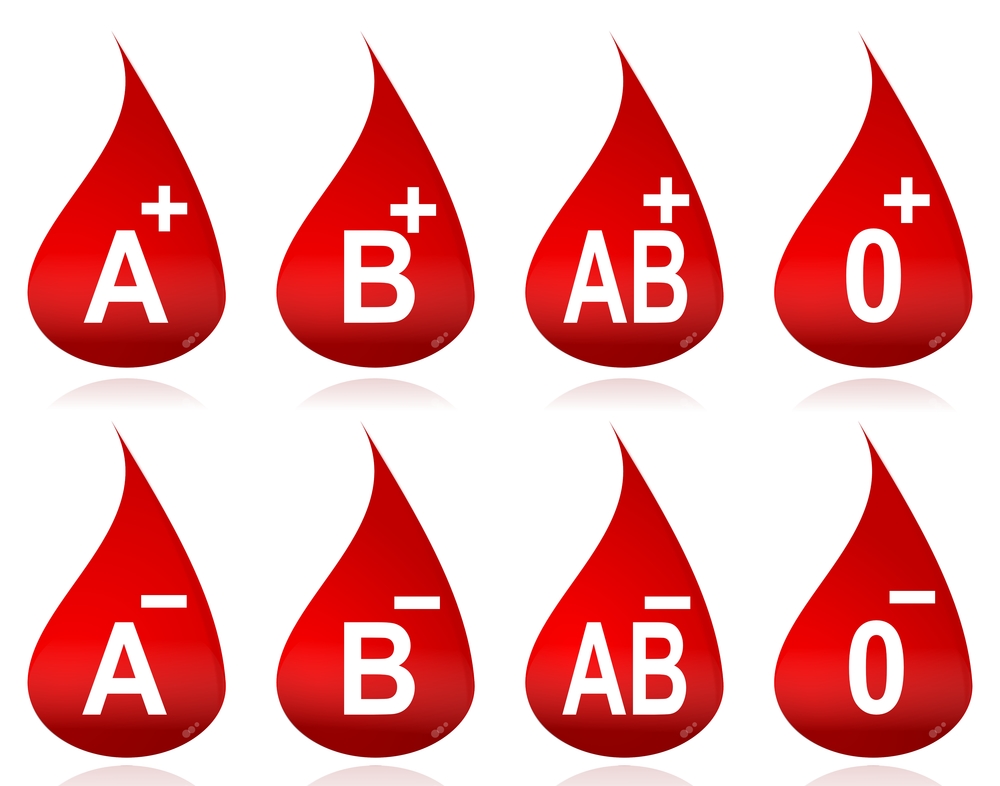There are a lot of things that determine how your body responds to certain foods, but did you know that one of those factors could be your blood type?
Acclaimed naturopath Peter J. D’Adamo asserts that foods react differently to people who have differing blood types.
This is due to the fact that blood contains a protein called lectin that affects how food will interact with your body.
You should already know what your blood type is, but if you are unsure, this is just one more reason to figure it out.
Type O
This is the most common type of blood, and people with type O blood are generally referred to as universal donors. For people in this group, D’Adamo recommends sticking to a diet that is high in proteins, which includes fish, lean meat, poultry and fresh vegetables. Beans, dairy and grains should be limited, and it is even suggested that people with type O blood should take supplements to assist with stomach problems.
Type AB
Type AB blood is the rarest, and people in this group are sometimes classified as universal recipients. D’Adamo suggests that individuals with this blood stick to green vegetables, dairy products, tofu and seafood. Certain fruits such as apples, bananas, watermelon and figs are also good to consume. D’Adamo claims that type AB individuals have low stomach acid, so alcohol, caffeine and red meats need to be limited or avoided altogether.
Type A
People with type A blood have incredibly effective digestive enzymes, allowing them to eat the widest range of grains and vegetables. Some good options when it comes to fruits include avocados, figs, apples, berries and nectarines. The kind of enzymes found in individuals with type A blood are not good for digesting animal-based proteins, so meats should be limited.
Type B
Individuals with type B blood arguably have the easiest diet to abide by. People in this group should eat plenty of fish, turkey and red meat. Fruits, green vegetables and grains are highly recommended as well. Some of the foods that need to be avoided in order to feel your best include sesame seeds, corn, buckwheat, peanuts, tomatoes, wheat and lentils.
Once you have learned your blood type, you will be able to follow D’Adamo’s suggestions on what foods should and should not be eaten. If you can adhere to the previously mentioned guidelines, you should feel a lot more energetic, and it should be a lot easier to maintain a healthier weight. With the proper information, the road to better health is simple to follow.





